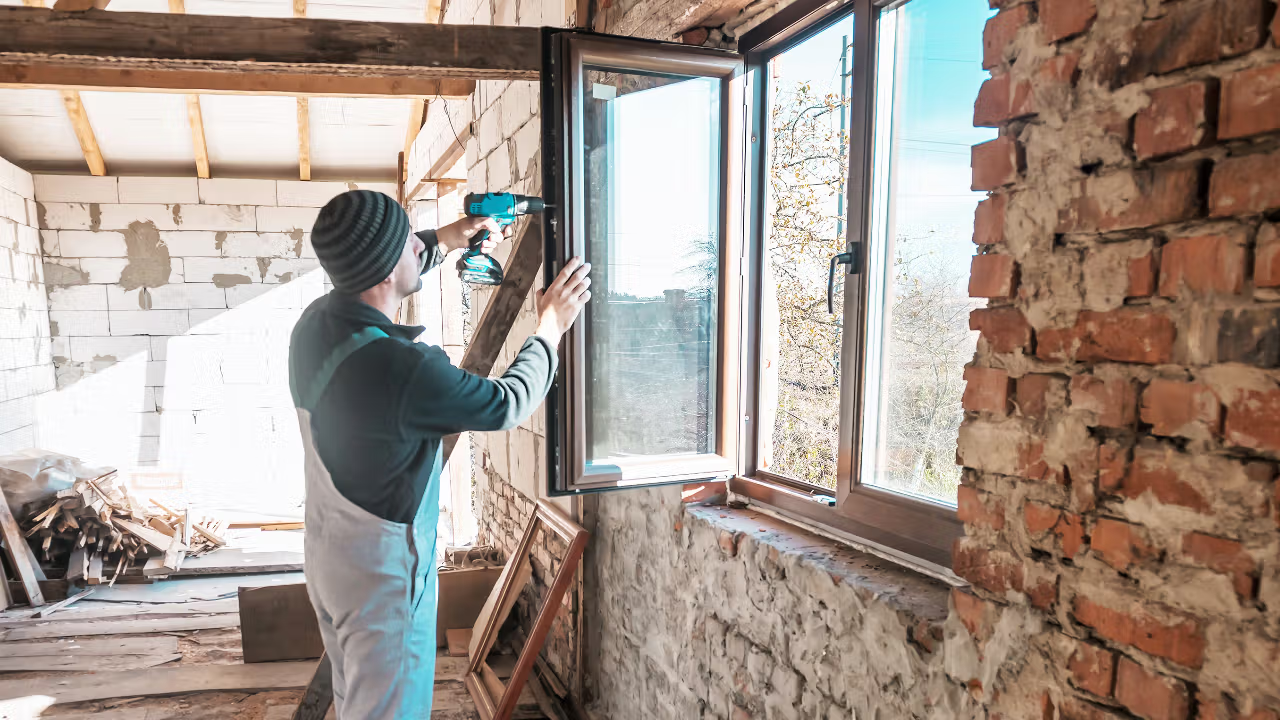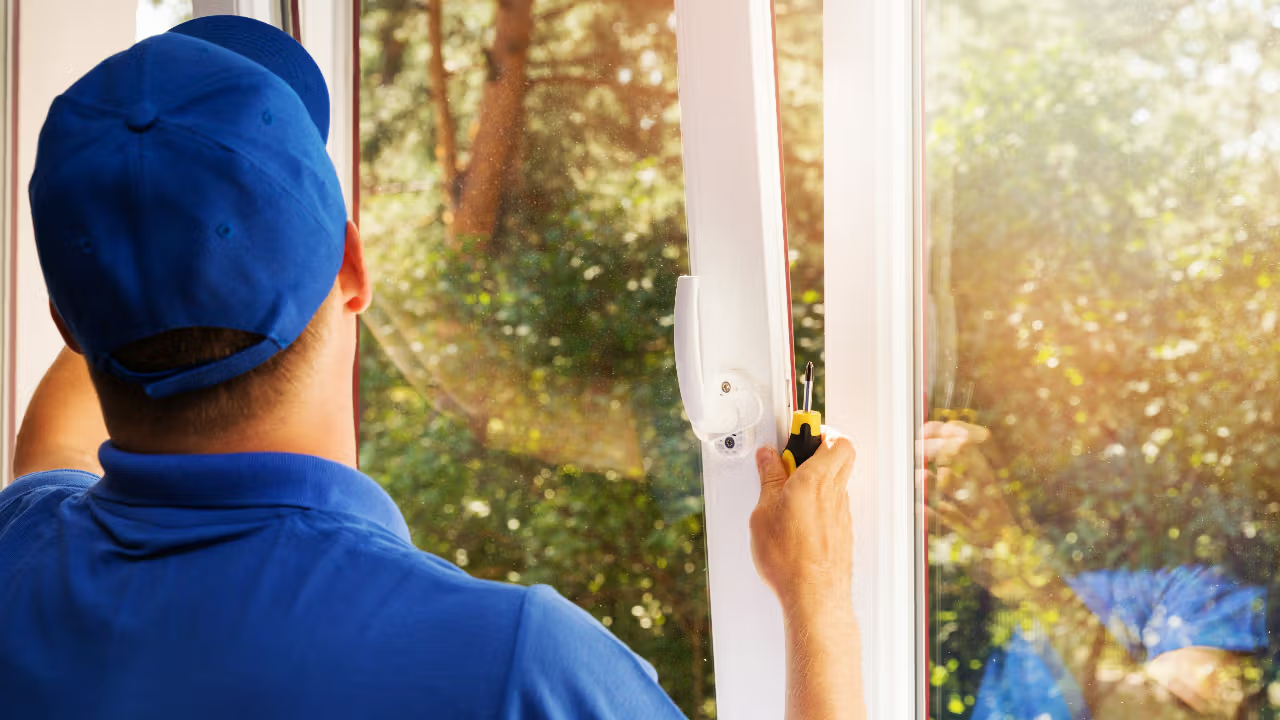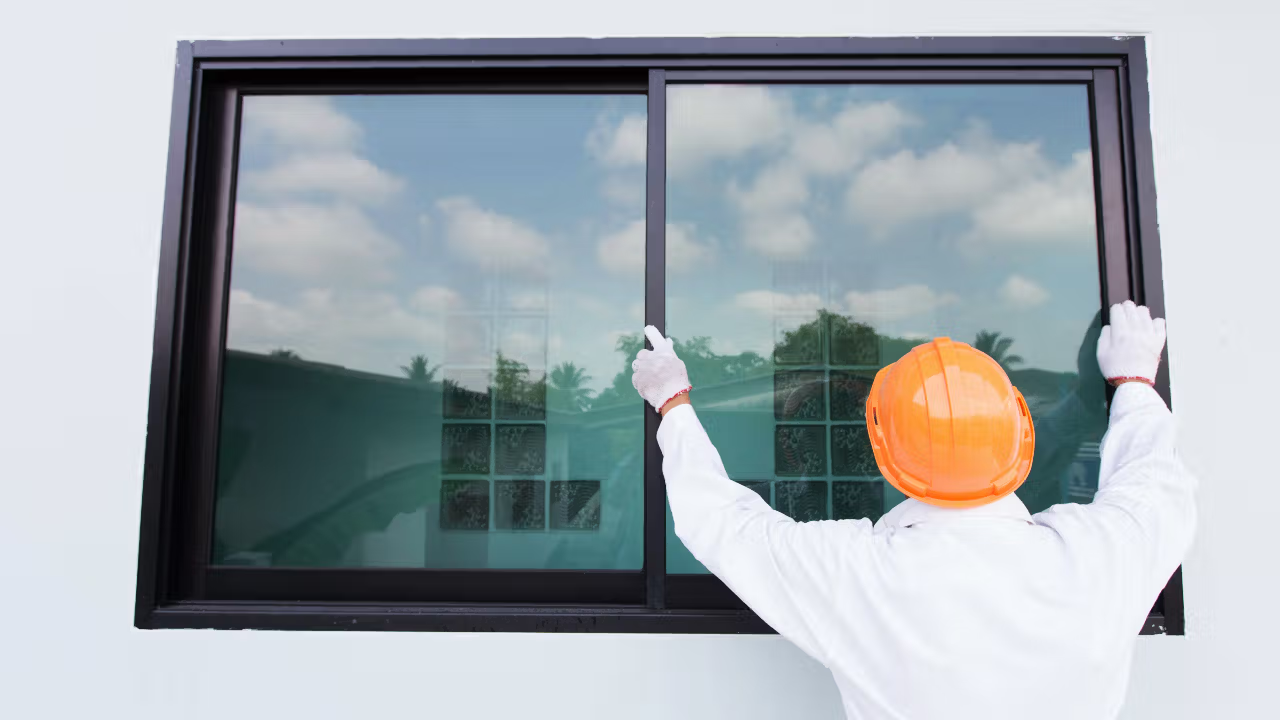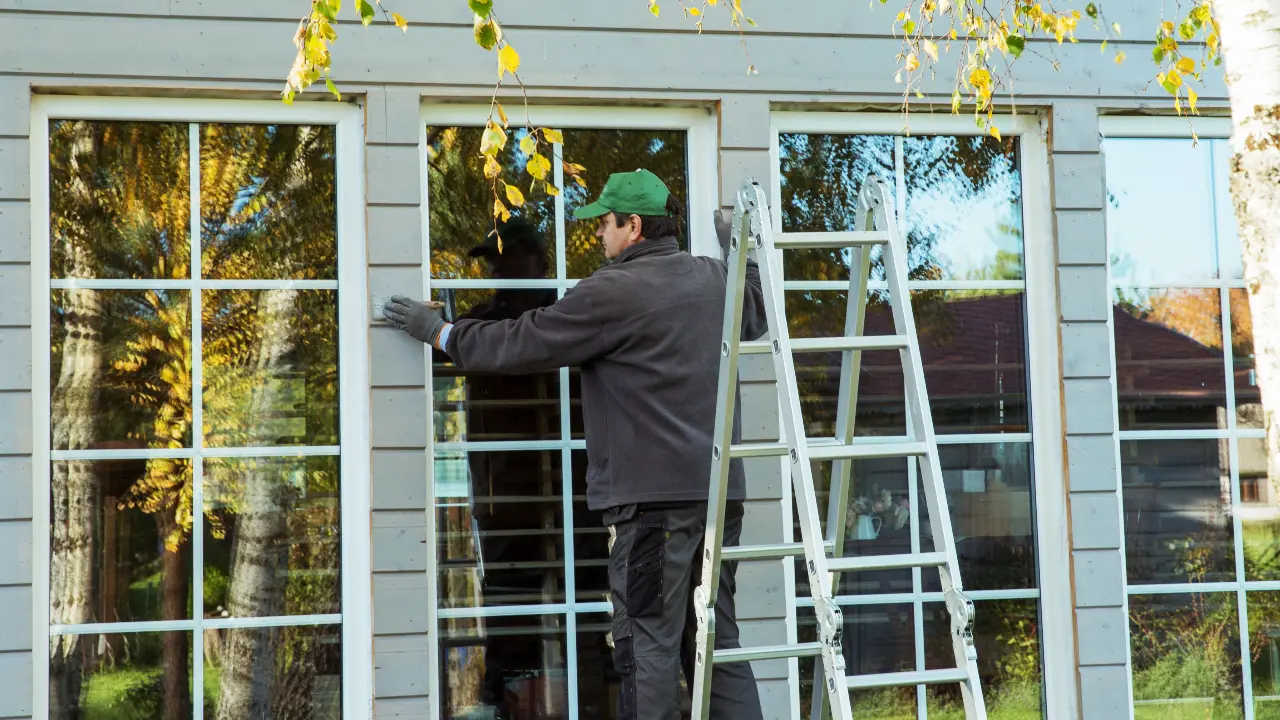How to Choose the Best Energy-Efficient Windows for Your Home
By HeyHome • December 11, 2023

Imagine your home not just as a shelter, but as a sanctuary of efficiency. The right energy efficient windows can transform this vision into reality. They're not just openings in a wall; they are gateways to a world where comfort and cost-saving go hand in hand. Selecting energy efficient windows is more than a home improvement—it's a commitment to enhancing your home's energy efficiency. This choice impacts not only your energy bills but also the comfort and environmental footprint of your living space. Embrace this journey towards an energy-efficient home, starting with the very windows that connect you to the outside world.
Join our newsletter
Stay on top of the latest in landscaping and lawn care with one valuable tip right in your inbox every Saturday morning.
Understanding Energy Efficiency in Windows
What Makes a Window Energy-Efficient?
At the core of an energy efficient window is its ability to insulate and regulate heat. These windows, often marked with the Energy Star certification, are designed to optimize your home's energy performance. The secret lies in the U factor – a measure of the window's insulation effectiveness. The lower the U factor, the better the window is at preventing heat transfer. This means a more consistent interior temperature, regardless of the weather outside. Energy Star certified windows go through rigorous testing to ensure they meet these high standards of energy efficiency, offering you the best in both performance and peace of mind.

Energy Efficiency Labels and What They Mean
Deciphering the Ratings
When selecting windows, understanding energy efficiency labels is key. The National Fenestration Rating Council (NFRC) provides ratings like the Solar Heat Gain Coefficient (SHGC) and Visible Transmittance (VT). SHGC measures how well a window blocks heat from sunlight, while VT indicates how much light passes through. A low U factor, another vital rating, reflects better insulation. These labels guide you in choosing windows that align with your energy efficiency goals, ensuring optimal performance in both heat regulation and light transmission.

Types of Energy-Efficient Glass
Insulated vs. Non-Insulated Glass
The choice between insulated and non-insulated glass significantly impacts a window's energy efficiency. Insulated glass, often featuring low-emissivity (low-E) coatings, excels in minimizing heat gain and heat transfer. This technology reflects interior temperatures back inside, keeping your home warm in winter and cool in summer. In contrast, non-insulated glass lacks these thermal benefits, leading to greater non-solar heat flow and higher energy costs. Opting for energy-efficient glass, especially the low-E variety, can therefore make a substantial difference in maintaining comfortable indoor temperatures and reducing energy consumption.
Join our newsletter
Stay ahead of the curve in all things outdoor.
Get the inside scoop on the latest landscaping, lawn care, and fencing trends with 1 actionable tip every Saturday morning.
The Role of Solar Heat Gain Coefficient (SHGC)
Understanding SHGC in Window Efficiency
The Solar Heat Gain Coefficient (SHGC) is a crucial factor in assessing a window's energy efficiency. It measures how well a window can block heat caused by solar radiation. A lower SHGC means the window is more effective at reducing heat gain, crucial in maintaining cooler indoor temperatures during sunny days. Understanding and choosing the right SHGC rating can significantly influence your home's comfort and energy usage, particularly in areas with high solar exposure.

Updating vs. Replacing Windows for Efficiency
When to Update, When to Replace
Deciding whether to update or replace windows is pivotal for enhancing home efficiency. If your home has single pane windows, upgrading to double pane can offer significant improvements in insulation and energy efficiency. However, if the frames and structures of your current windows are in good condition, installing efficient window attachments or adding weather-stripping might suffice. On the other hand, if your windows are significantly damaged or outdated, opting for complete replacement windows becomes a more effective solution. Proper window installation is key to ensuring that your new, efficient windows perform at their best, offering long-term energy and cost savings.
Cost Savings: Balancing Initial Investment and Long-Term Benefits
Energy Bill Reduction and Home Value Increase
Investing in efficient windows may seem costly upfront, but the long-term benefits are substantial. The Efficient Windows Collaborative highlights that such windows can significantly lower energy bills by reducing heating and cooling costs. This reduction in energy costs is not just a monthly saving; it also adds up to substantial energy savings over the lifespan of the windows. Additionally, upgrading to energy-efficient windows can enhance your home's market value, making it a smart investment. The key is to balance the initial expense with the ongoing savings, ensuring that your investment in efficient windows pays off in both comfort and financial returns.

Conclusion: Making an Informed Decision
Summary and Next Steps
In our journey to choose the best energy efficient windows, we've navigated through the essential elements that define energy efficiency in windows. From understanding the significance of energy performance to recognizing the benefits of low U factor and energy star certified windows, it's clear that the right windows can significantly reduce energy use and decrease your carbon footprint. The impact of choosing energy-efficient windows extends beyond just energy savings; it contributes to a more comfortable living environment and potentially increases your home's value.
As you move forward, remember that selecting the best energy efficient windows involves weighing factors like the solar heat gain coefficient and the type of glass. The decision to update or replace windows should be based on the current state of your windows and your specific needs. While the initial investment might seem substantial, the long-term benefits of reduced energy bills and enhanced comfort are undeniable.
To make the most informed decision, consult with professionals who can provide insights specific to your home's architecture and local climate. Your next steps should include a thorough evaluation of your current windows, considering both their energy performance and physical condition, and a detailed plan for either upgrading or replacing them. Embrace this opportunity to enhance your home's efficiency and comfort with the best energy efficient windows suited to your unique space.
Join our newsletter
Stay ahead of the curve in all things outdoor.
Get the inside scoop on the latest landscaping, lawn care, and fencing trends with 1 actionable tip every Saturday morning.